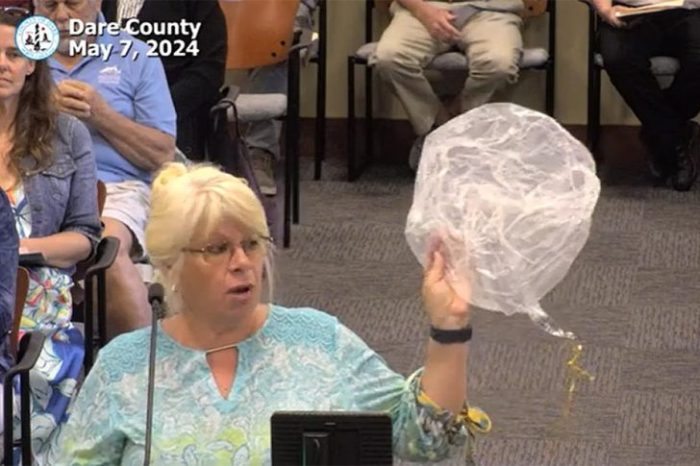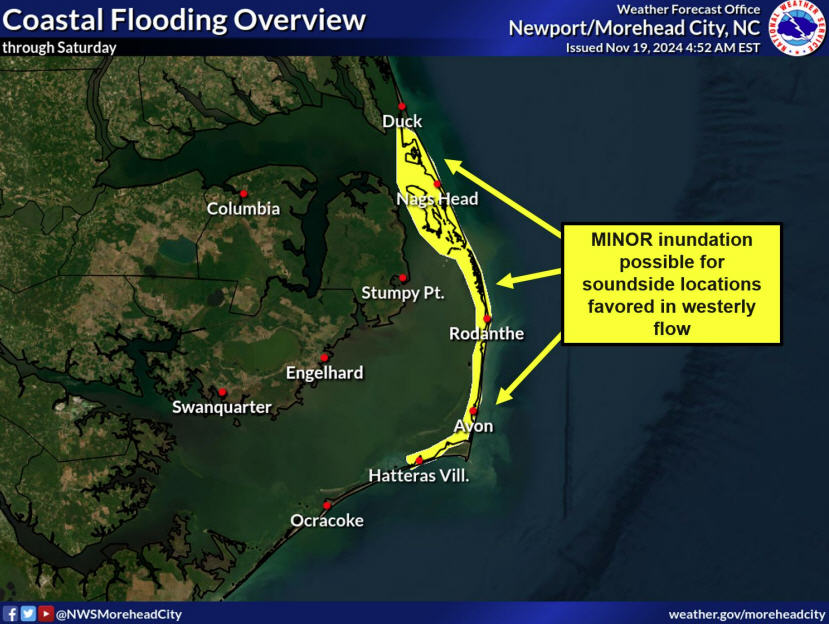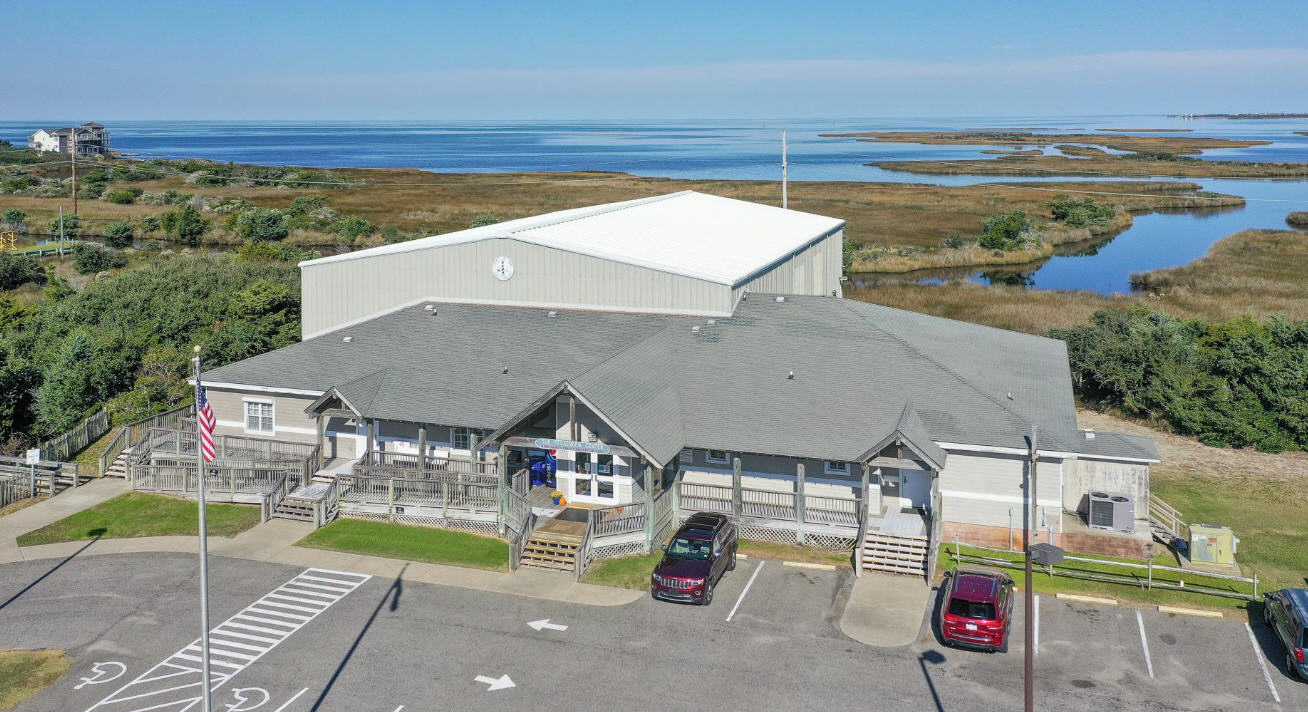Balloon release ban on agenda for Dare County Board of Commissioners

The move to ban balloon releases in Dare County, which has been spreading throughout its municipalities, is now moving to the Dare County Board of Commissioners. The first Dare County municipality to enact a balloon ban was the Town of Duck, which did so on April 3.
At its June 3 meeting, the commissioners are expected to review a draft text amendment banning balloon releases and to schedule a July 15 public hearing on the proposed ban, which would apply to the unincorporated locations in Dare County.
The primary argument made by those advocating for balloon bans is their impact on the environment and wildlife. On its website, the U.S. Fish and Wildlife Service noted that “Birds, turtles and other animals commonly mistake balloons for food, which can harm or even kill them.” It also says that the strings used to hold balloons together also be a threat, noting that “many animals can become entangled in balloon strings, which can strangle them or hurt their feet and hands.”
Locally, the leading advocate and mover behind the bans is Debbie Swick of Southern Shores. Swick, who is active in a number of Outer Banks organizations, including N.E.S.T and the OBX Marine Mammal Stranding Network, recently received the prestigious North Carolina Governor’s Medallion Award for Volunteer Service.
At the May meeting of the Dare Board of Commissioners, Swick spoke during public comment and asked the county to come up with a balloon release ban for the unincorporated communities. The draft text amendment, which would become part of the county’s littering regulation, states that it would apply to balloons “inflated or filled with gas or fluid, such as helium, hydrogen, nitrous oxide, oxygen, air, or water.”
In terms of enforcement, the draft amendment says that violators of the balloon release ban would be “subject to a civil penalty in the amount of $250.00 to be recovered by Dare County in a civil action in the nature of debt if the offender does not pay the penalty within ten days after having been cited for violation of the ordinance.”











